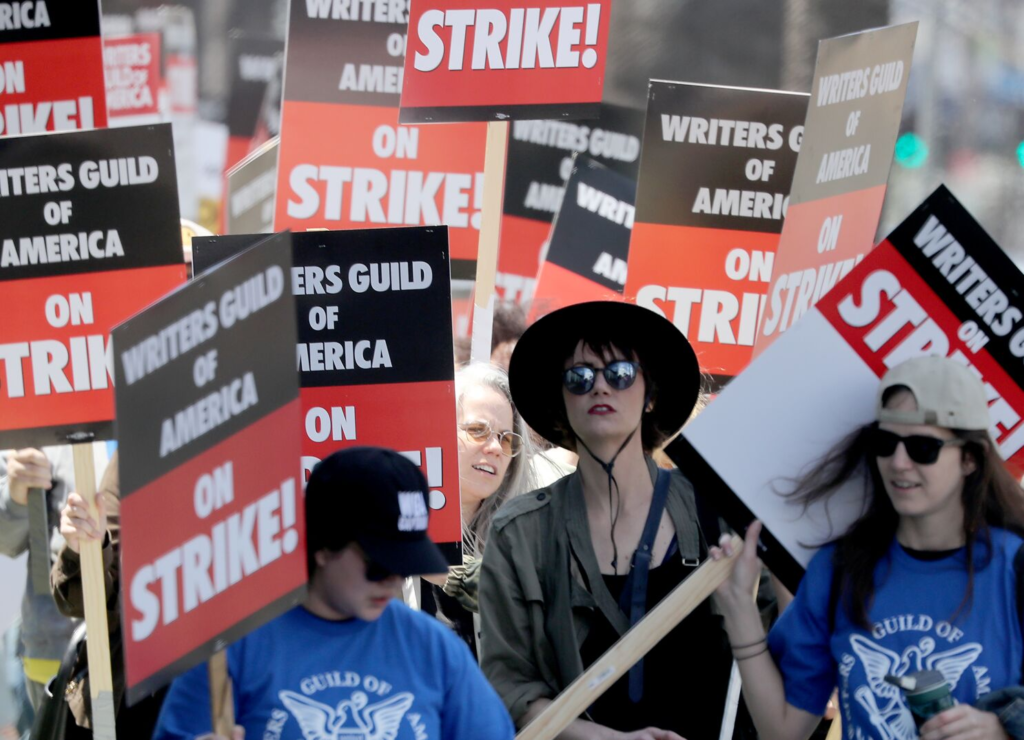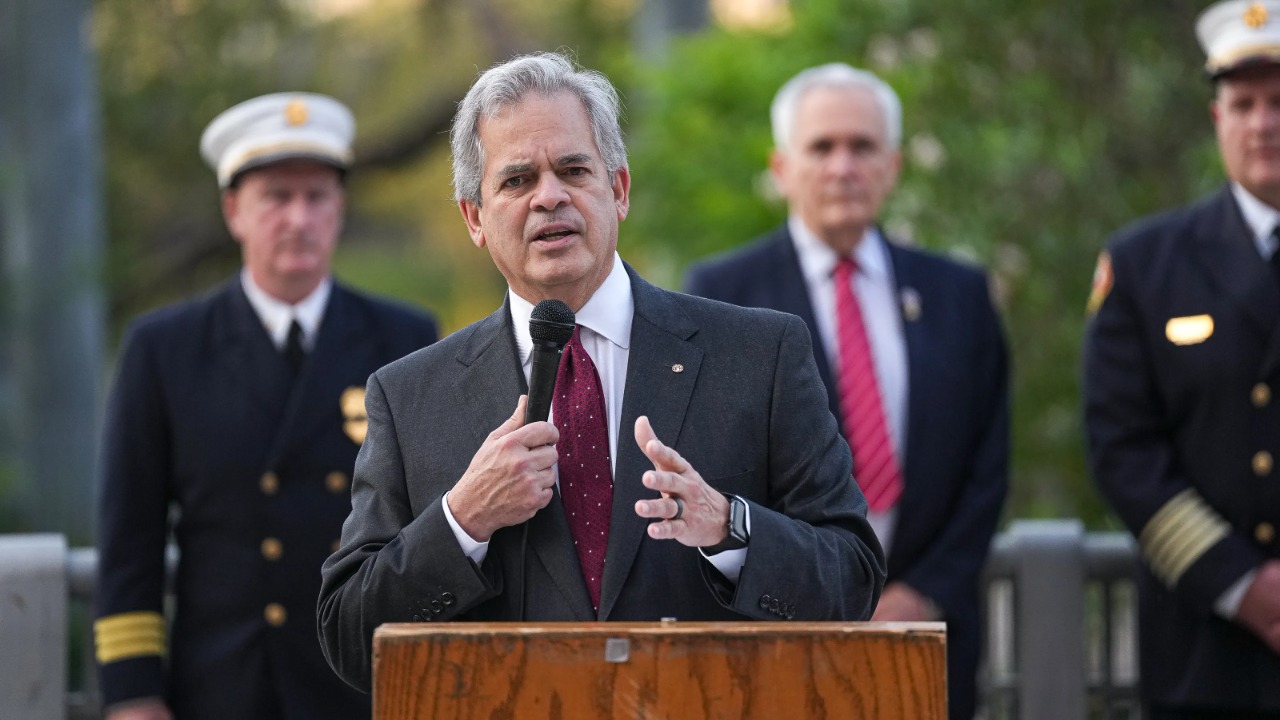Hollywood industry faces turmoil as major studios adopt generative AI, triggering strikes by Writers Guild and Screen Actors Guild. Fear of creative roles being displaced and likeness commodification grows.

The Hollywood industry is undergoing a seismic transformation as it grapples with the integration of artificial intelligence (AI) into its core processes. What was initially seen as a boon for innovation is now a flashpoint of contention between major movie and TV studios, and the creative professionals who have historically shaped the industry. The Writers Guild of America and the Screen Actors Guild have embarked on strikes, driven in part by concerns over AI’s encroachment on their craft and livelihoods.
The rise of generative AI, a technology that utilizes machine learning to autonomously generate new written and visual content, is at the heart of this conflict. Industry giants such as Amazon/MGM, Apple, Disney/ABC/Fox, NBCUniversal, Netflix, Paramount/CBS, Sony, Warner Bros., and HBO are embracing this technology to streamline production and reduce costs. However, writers and actors fear that these advancements will exploit their talents and jeopardize their roles in the creative process.
The fear is two-fold. On one hand, writers worry that their skills will be sidelined, reduced to editing AI-generated scripts. The essence of their creativity may be ingested by databases and repurposed for AI tools, potentially sidelining their unique expertise. This fear is compounded by the emergence of “prompt engineers” – individuals adept at manipulating AI tools – who could replace traditional writing roles.
On the other side, actors grapple with the prospect of their likenesses being commodified. The advent of deepfake technologies raises concerns that real actors will be rendered obsolete, as studios opt to utilize AI-generated likenesses repeatedly. Not only their physical appearances, but even their voices, may be synthesized and reused without ongoing compensation, adding to the financial challenges actors already face.
One illustrative experiment conducted by a professor of cinematic arts highlights these concerns. Within moments, AI-generated scripts, shot lists, and even video clips featuring a “Barbie and Ken” scenario were produced. Though the results were far from masterful, they showcased the accessibility of these tools to both professionals and amateurs. The quality of such AI-generated content is expected to improve over time, potentially rendering traditional roles less pivotal.
The apprehension is not unfounded. In recent instances, AI tools have played integral roles in creative endeavors. Marvel’s series “Secret Invasion” on Disney+ integrated AI-generated titles and sequences, sparking controversy regarding the displacement of human creators. Moreover, a software developer’s sci-fi film trailer, created entirely with AI-generated images and motion, demonstrated the potential to bypass traditional screenwriters and actors.
Showrunner AI, a tool that crafts entire episodes around user-submitted images and prompts, further exemplifies AI’s encroachment. While it aims to revolutionize audience engagement, the chilling implications for writers and actors are undeniable.
The road ahead necessitates collaboration between AI developers, writers, actors, and other industry stakeholders. A vision that acknowledges AI’s progress while engaging traditional talents as partners could alleviate the concerns of creative professionals. A future where AI tools are designed in consultation with informed actors and writers could lead to a balanced creative ecosystem, offering assurances of creativity, ownership, and inclusivity.
As technology continues its rapid evolution, the entertainment industry stands at a crossroads. How it navigates this intersection of creativity and AI will define the future of entertainment, determining whether traditional creative professionals maintain their roles or are eclipsed by the unstoppable march of technological progress.



